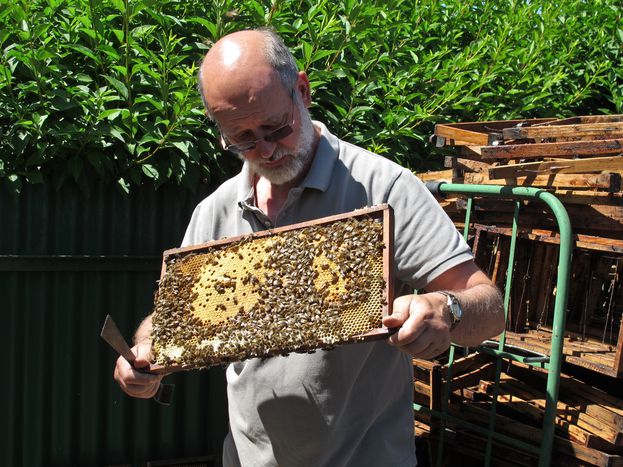
Jean Claude Moes, Strasbourg's last beekeeper (11 images)
Published on
Translation by:
 ZoeBBee
ZoeBBee
JC Moes is the president of Asapistra, a grouping of community beehives. It is lobbying for the creation of beehives in towns and support for young beekeepers, to rebuild the bee population. Once they’ve attended a training course that is run by the people’s university, individuals can take up urban beekeeping, on land set aside by the town council.
This image gallery is part of cafebabel.com’s 2010-2011 feature focus on Green Europe; read the full set of city special editions
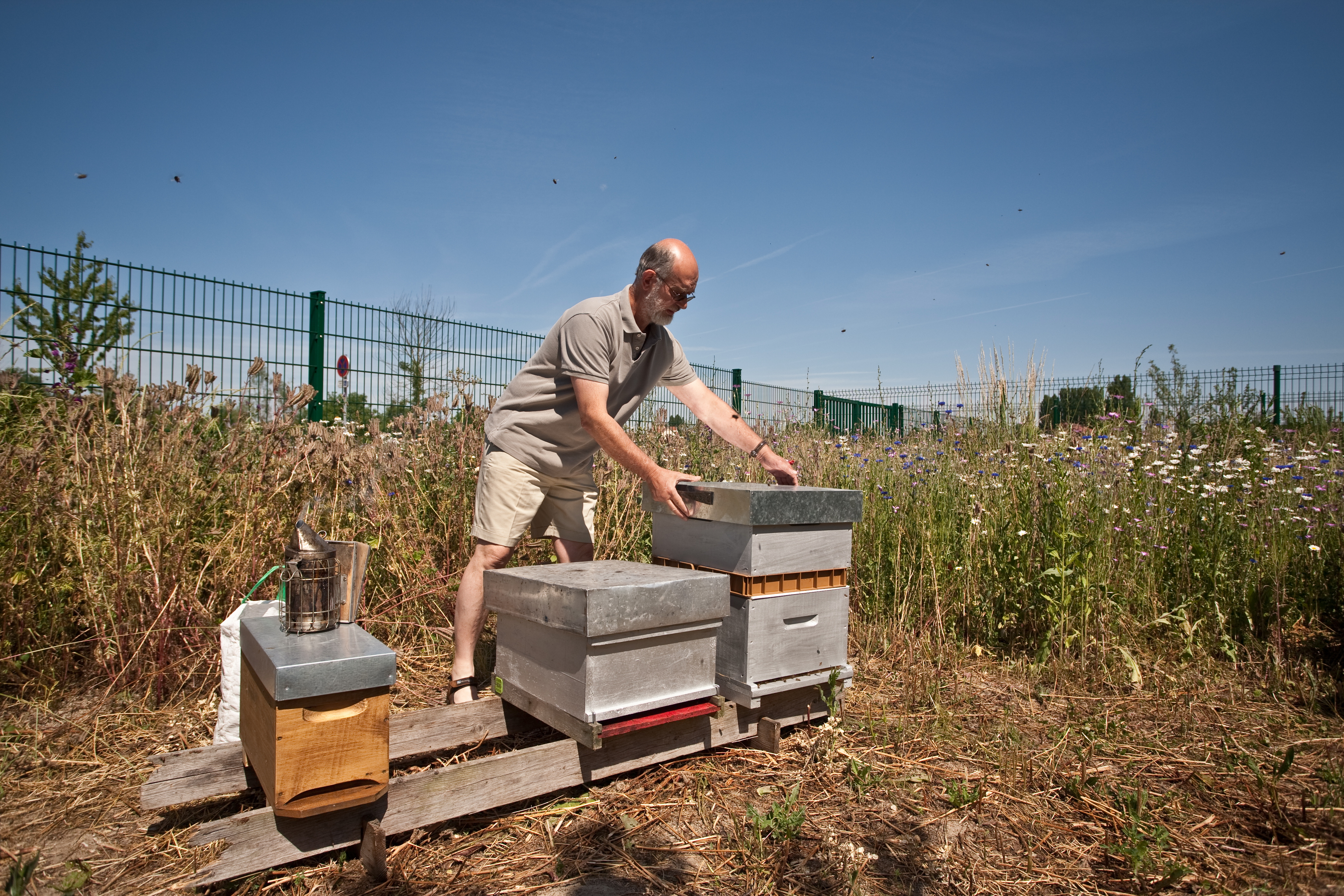
Honeybees now feature on the European parliament’s agenda. A recent report written as part of the work of reforming the CAP (common agricultural policy) has proposed the development of research to better identify the factors that threaten the survival of the honeybee (Image: © Davide Vergnano/ davidevergnano.com/)
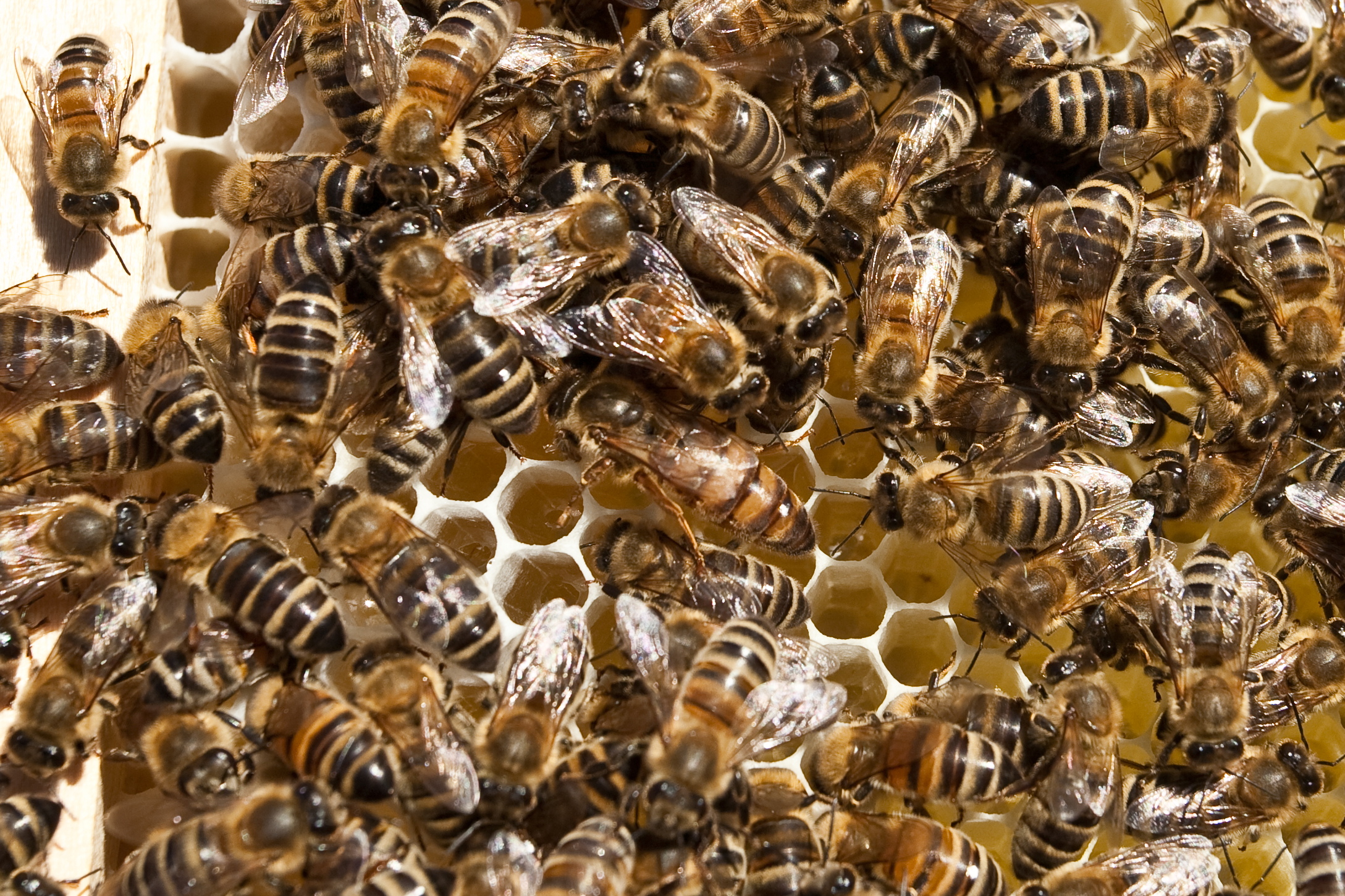
The function of the queen bee, with her distinctive longer abdomen, is to lay eggs (more than 2, 000 a day, the equivalent of her body weight) and thus enable the growth of the colony. She has a life expectancy of three or four years, compared with a lifespan of just forty days for the average honeybee (Image: © Davide Vergnano/ davidevergnano.com/)
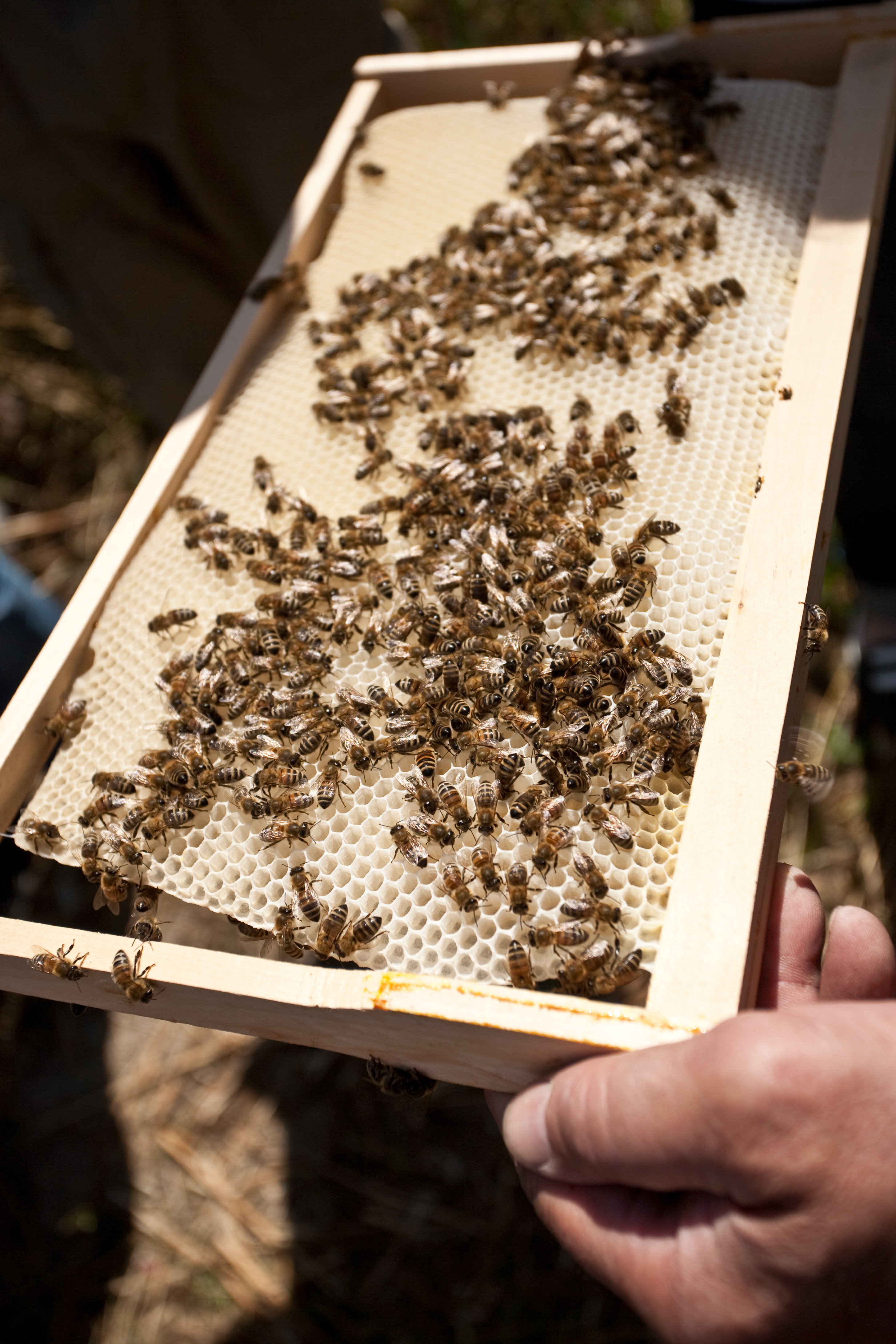
The forager bee assumes a gargantuan workload, harvesting two to three times its body weight in pollen, over thirty times a day. Jean-Claude Moes likens the bees to alchemists, working away in the darkness of the beehive to turn sugary water into the gold of honey (Image: © Davide Vergnano/ davidevergnano.com/)
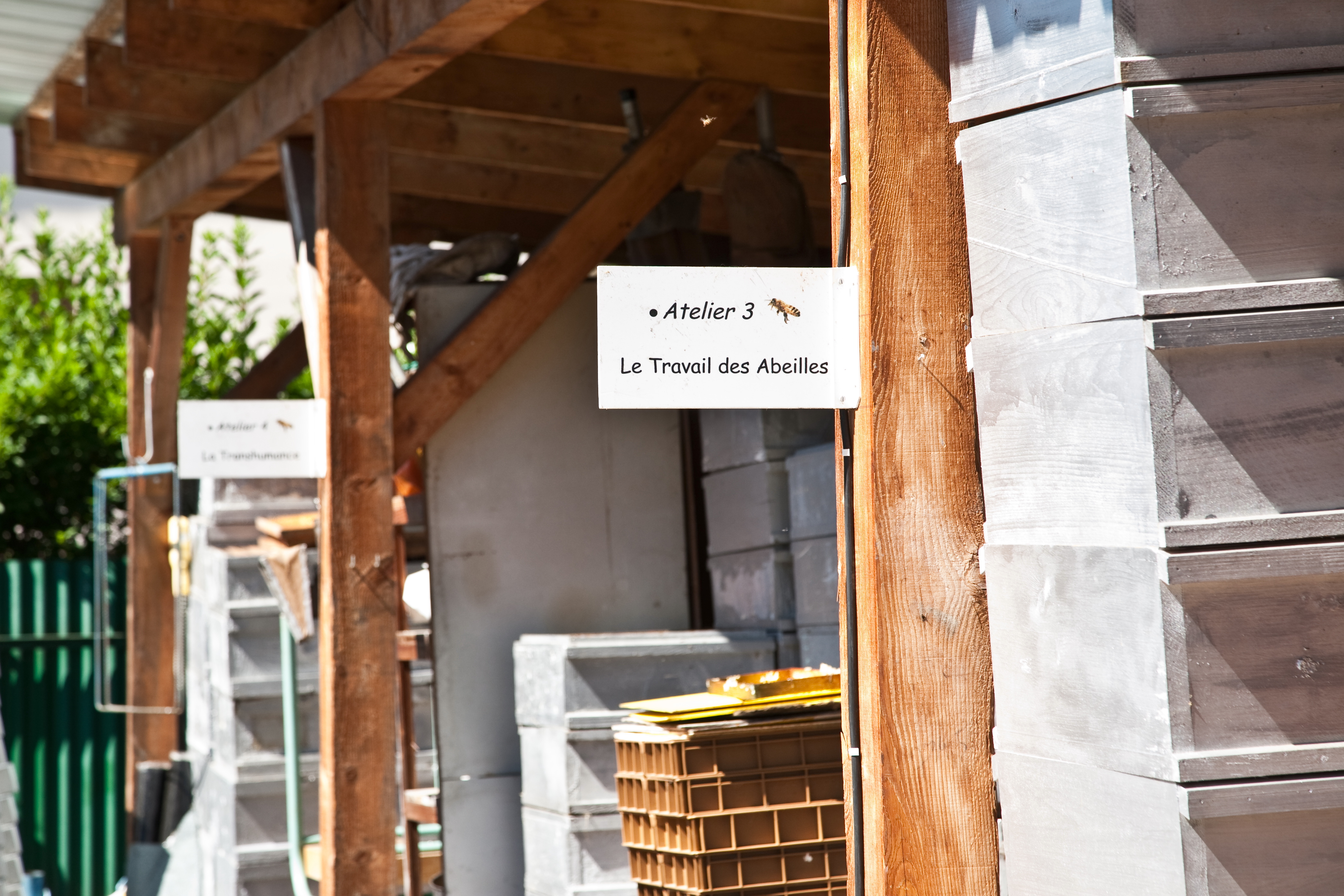
Royal jelly, propolis, honey and beeswax are the multiple fruits of this indomitable worker’s hard labour. But even they pale beside the crucial role that the honeybee plays in the ecosystem - and the global economy (Image: © Davide Vergnano/ davidevergnano.com/)
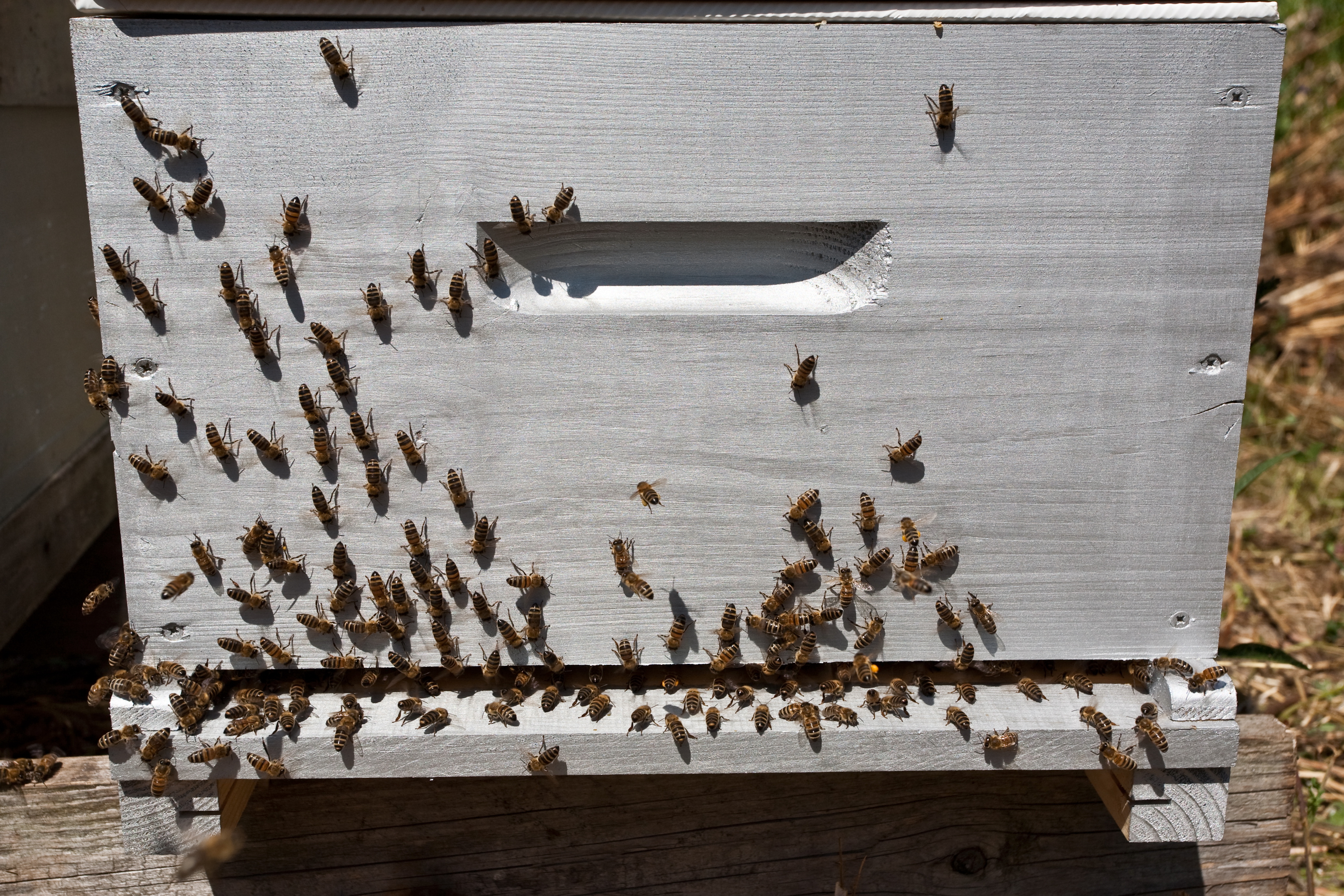
For our beekeeper, honeybees are nothing short of a 'life support system' whose work as pollinators protects against long-term threat to biodiversity and agricultural yields. 'They fertilise 80% of plant life, and some 40% of our food (fruit and vegetables) is dependent on their activity,' he says (Image: © Davide Vergnano/ davidevergnano.com/)
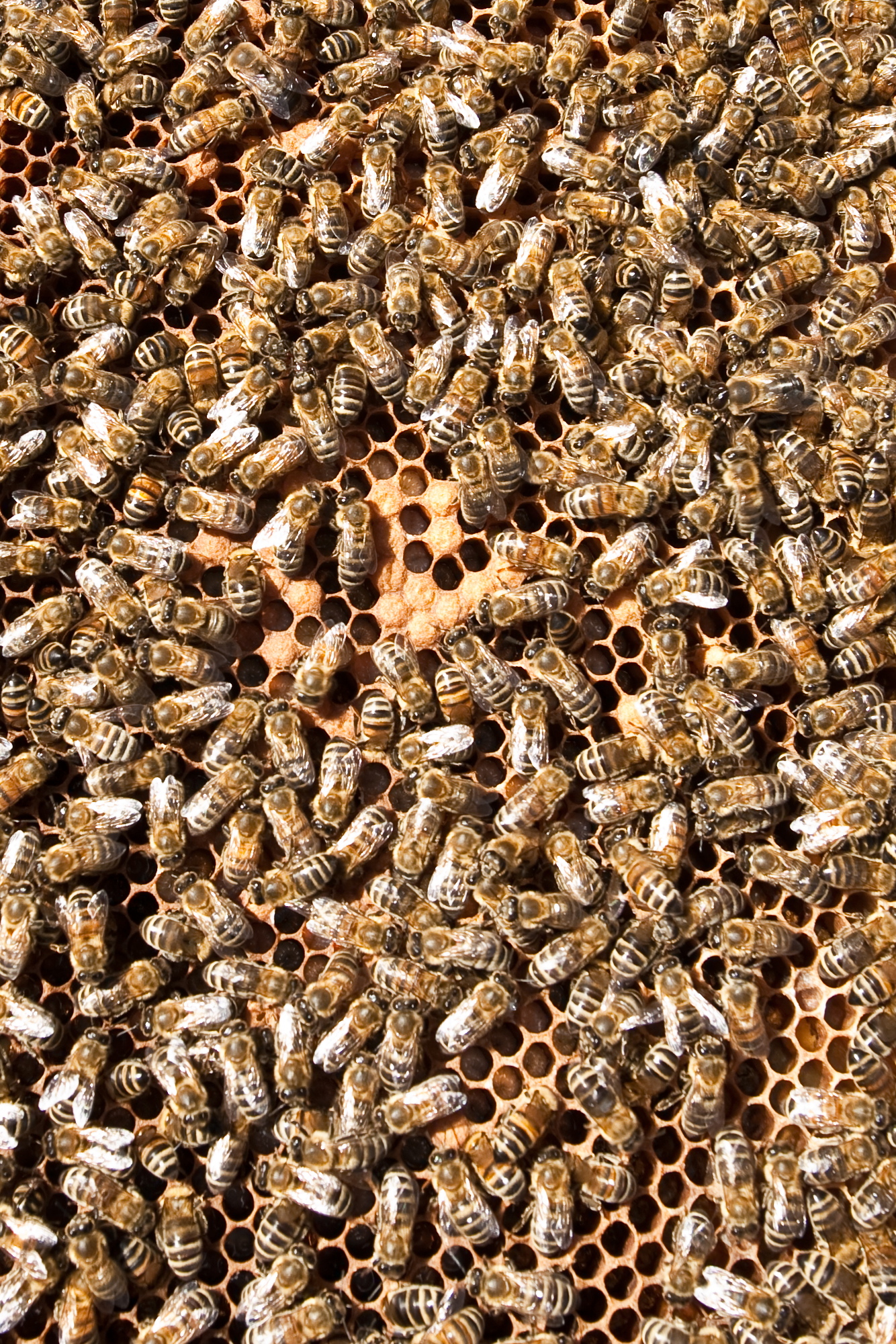
Over the last few years, an abnormally high death rate has been observed in the bee population. In France, 14 billion bees have died since 1997. Some 35, 000 beehives are abandoned each year. In the last ten years, 15, 000 beekeepers have gone out of business; and national honey production fell by 30% between 1995 and 2005, according to Moes’ website. The scientific term for this phenomenon is ‘colony disorder' (Image: © Davide Vergnano/ davidevergnano.com/)
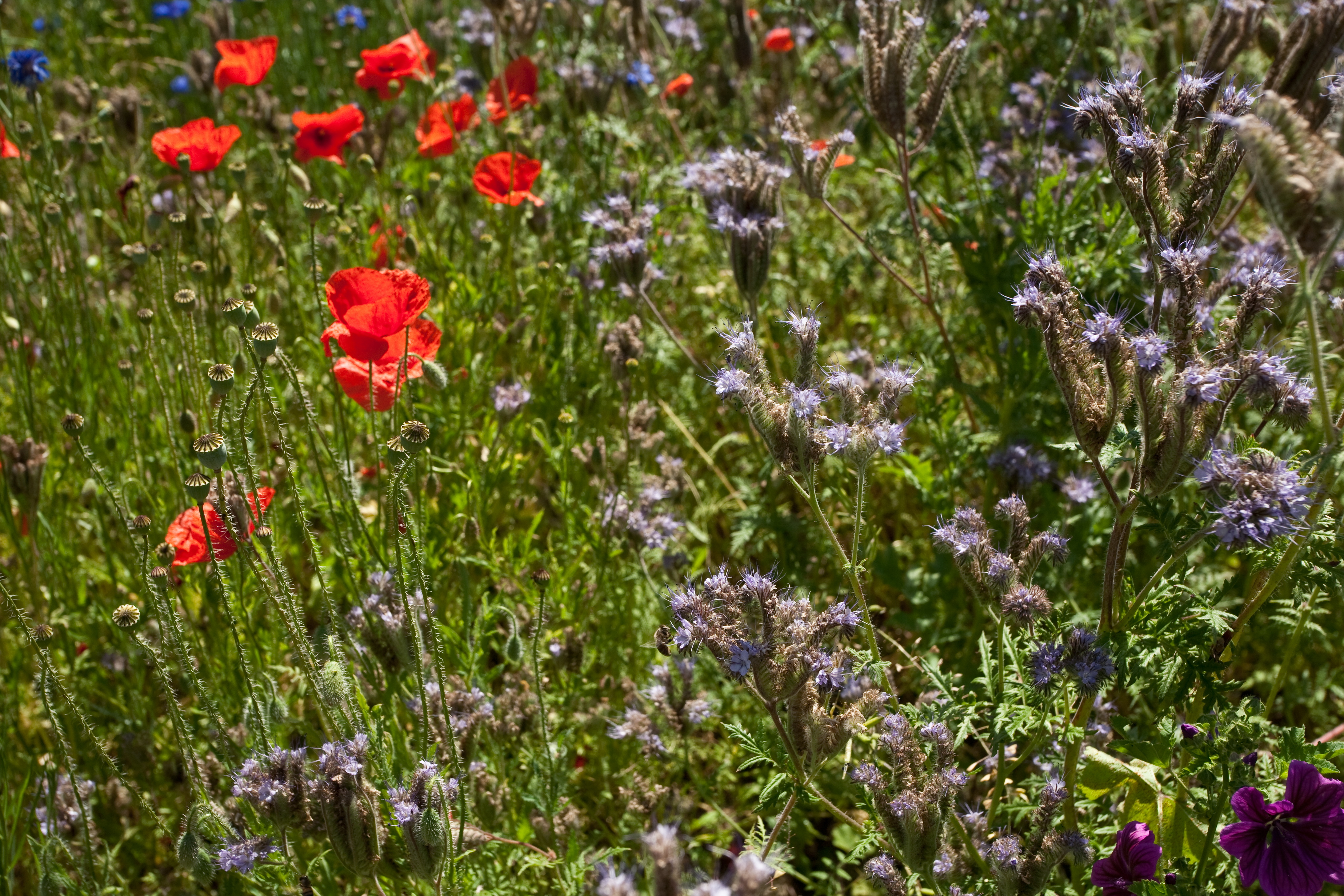
The countryside is suffering from ‘melliferous desertification’, with melliferous plants becoming scarce as a result of the impact of intensive farming and chemical assault (in the form of insecticides, herbicides and fungicides). Bees are particularly vulnerable to these profound environmental changes, and have become ecological sentinels (Image: © Davide Vergnano/ davidevergnano.com/)
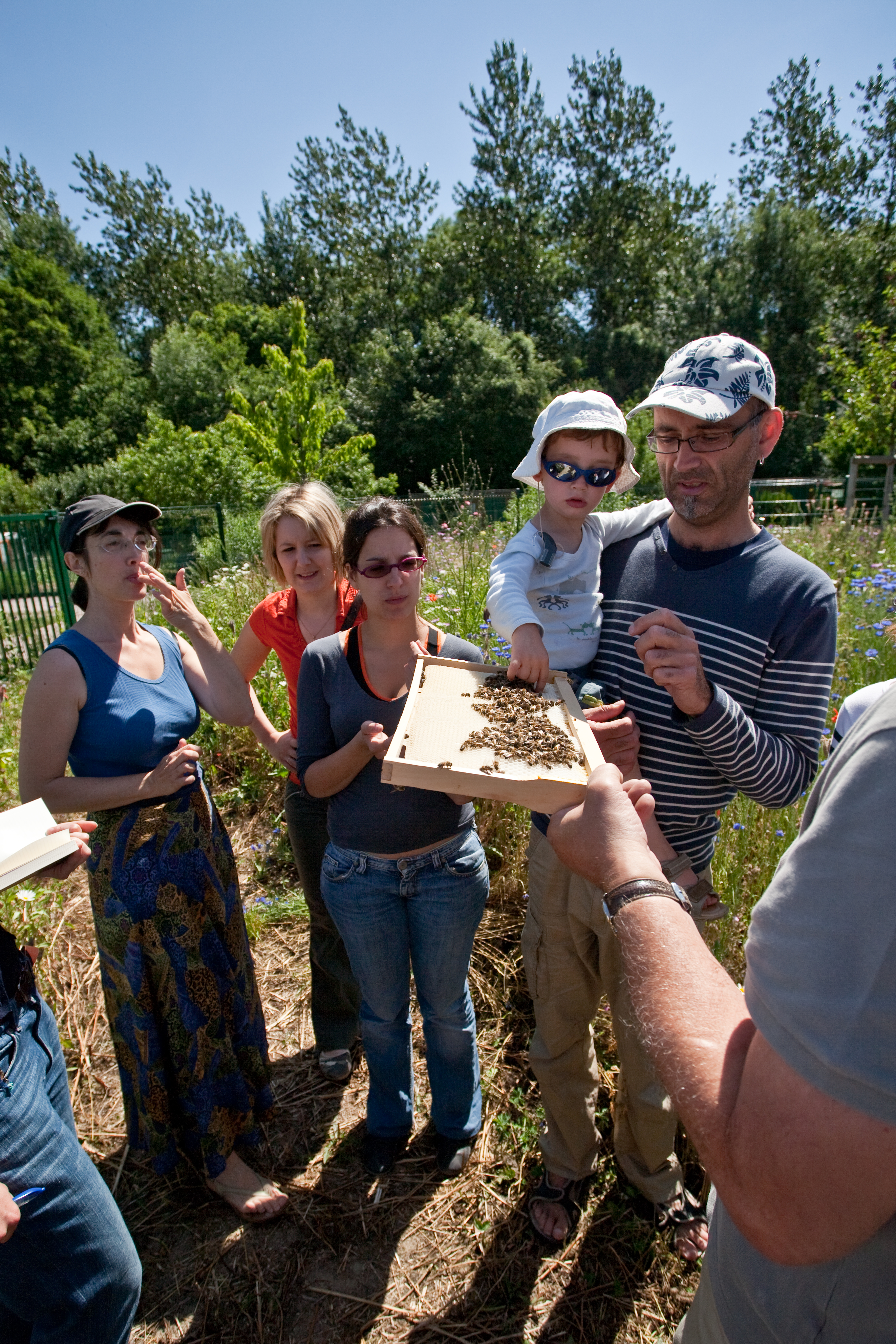
The principal responsibility for this phenomenon is often laid at the door of the farming community, but they are also the most affected by it. Monoculture and intensive farming are failing to create spaces devoted to insects or small wildlife. On an organic farm, a strip left fallow for meadow flowers naturally becomes an insect highway, where the droning of wings is deafening (Image: © Davide Vergnano/ davidevergnano.com/)
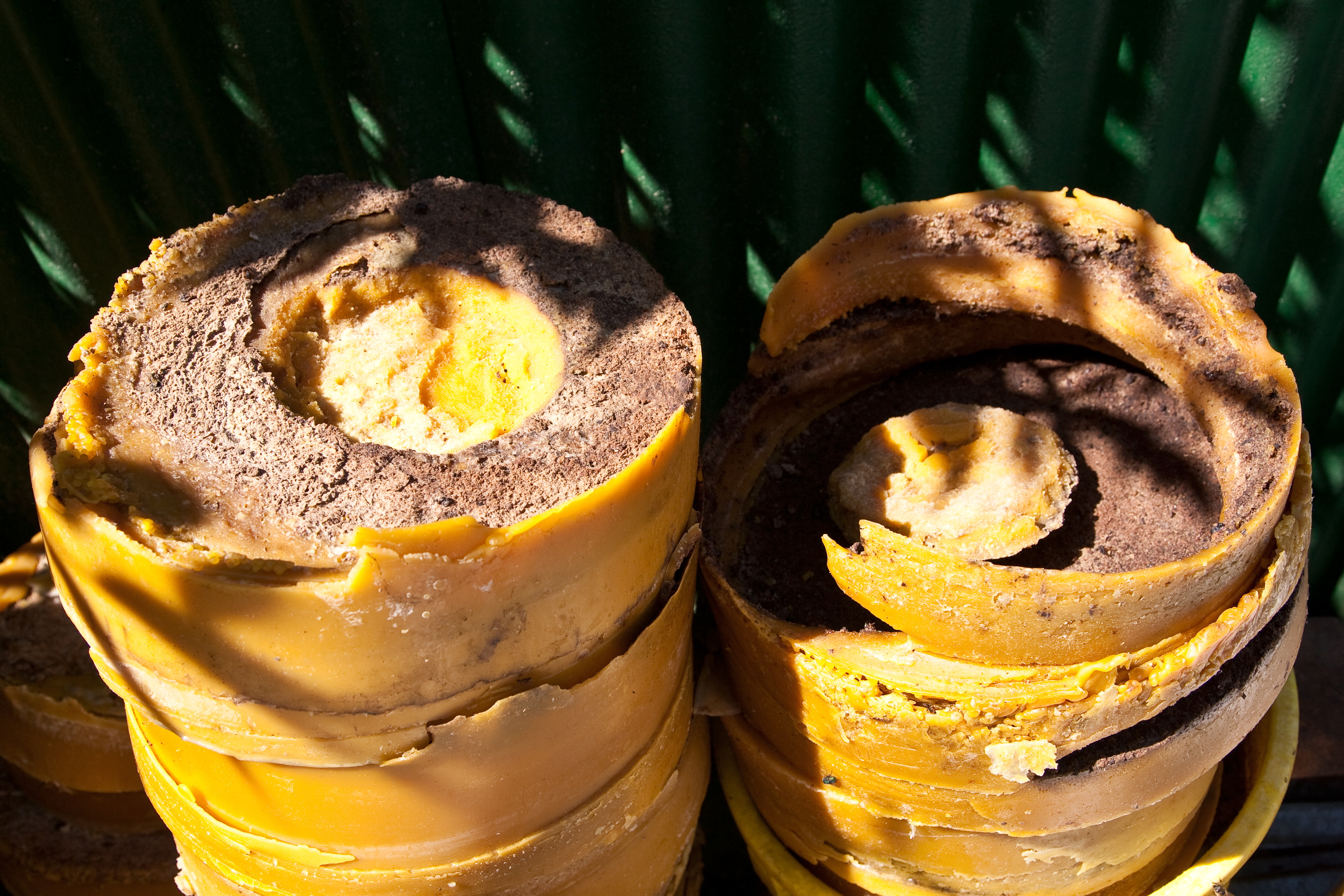
The shorter the production cycle, the better the honey. Moes’ production is organic: other than for filtering the honey, which is essential, manual intervention is kept to a minimum. He acknowledges that this condemnatory response to environmental degradation is 'somewhat fundamentalist', he says (Image: © Davide Vergnano/ davidevergnano.com/)
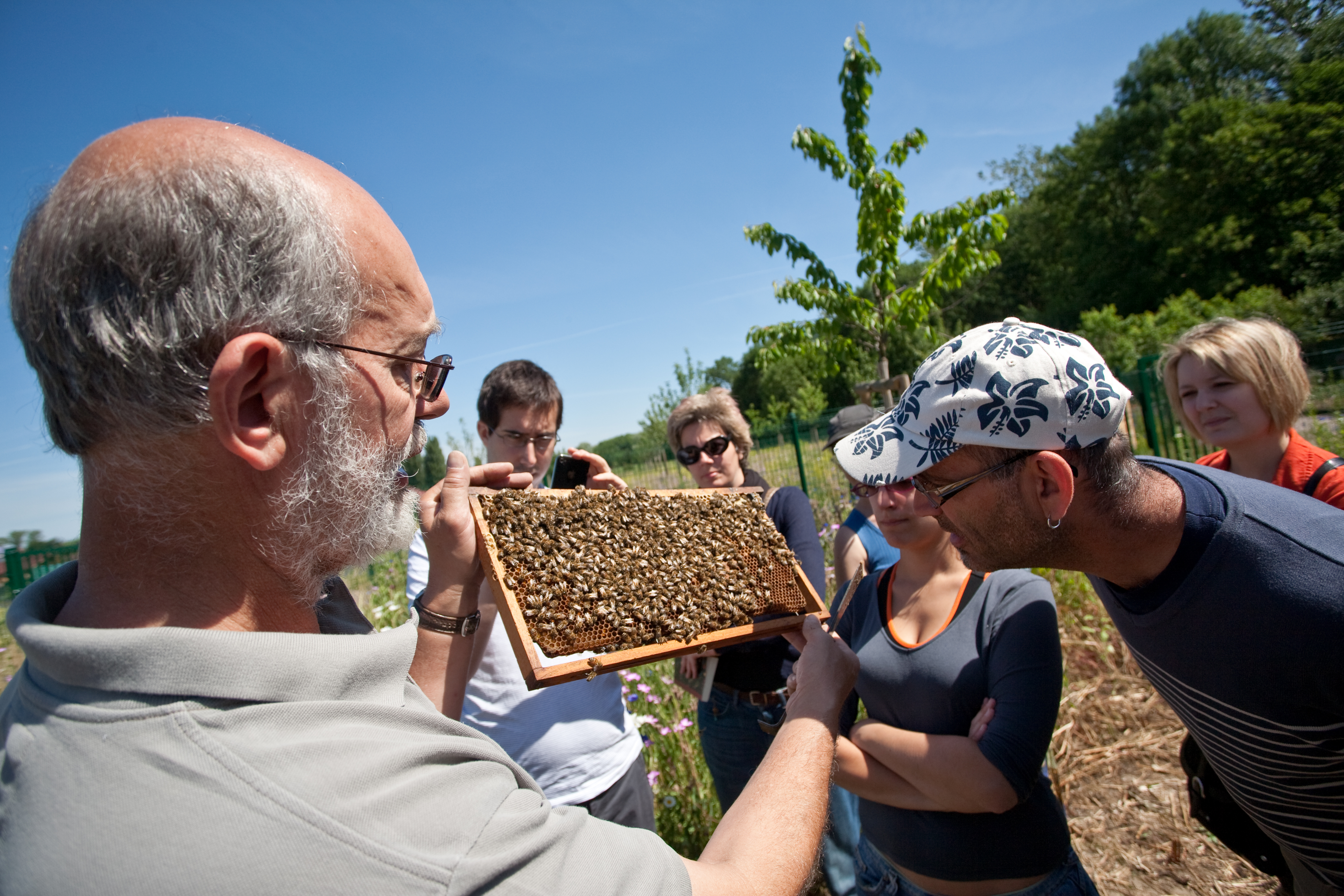
What if people are scared of getting stung? In Strasbourg, they can simply sponsor a beehive. For every sponsor, the association undertakes to establish and care for a new urban bee colony. In exchange, the sponsor receives a proportion of ‘their’ honey production, and regular updates on the beehive they have sponsored (Image: © Davide Vergnano/ davidevergnano.com/)
This image gallery is part of cafebabel.com’s 2010-2011 feature focus on Green Europe; read the full set of city special editions
Read the official blog from the cafebabel.com team in Strasbourg
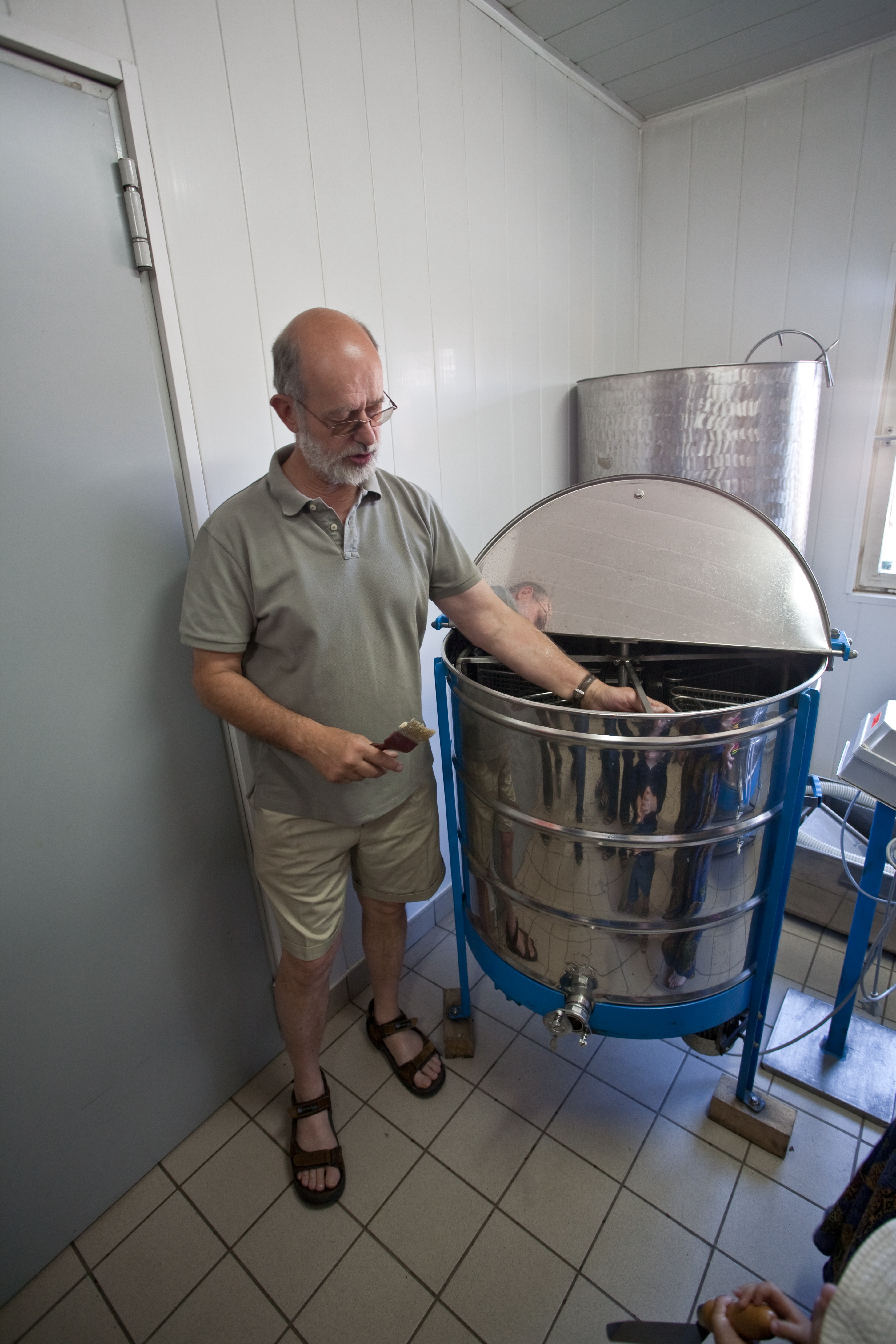
'Industrial' production has a number of means at its disposal to boost the productivity of beehives: heating, the use of antibiotics, doping substances to increase egg production, and synthetic compounds to kill hive parasites (Image: © Davide Vergnano/ davidevergnano.com/)
Translated from Jean-Claude Moes est le dernier apiculteur de Strasbourg


